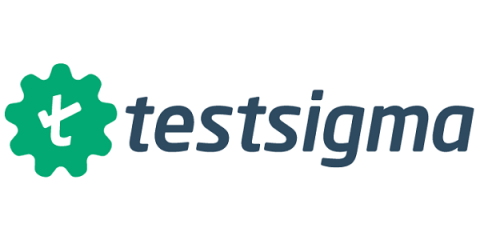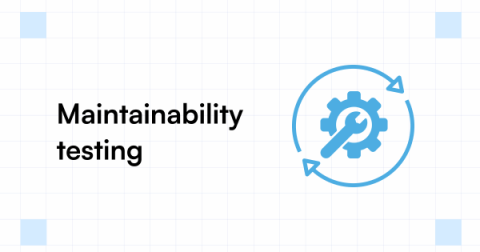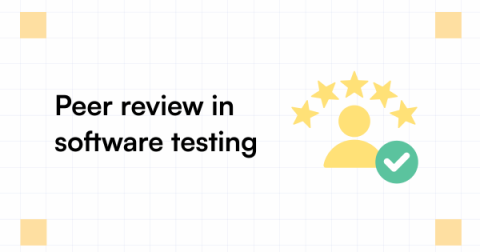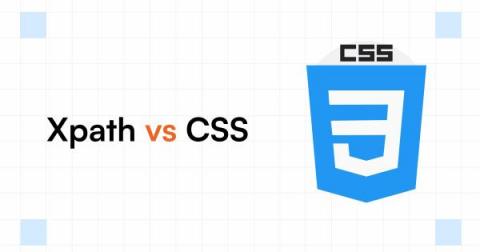Best 10 Regression Testing Tools in 2023
Let’s say a developer introduced some changes and 2 days later the team observes that a feature does not work partially. This feature is not related to this developer’s change. However, since it was working fine a day later, all the changes may be reviewed by the manager. The conversation may start with the manager asking a question such as, “Did your changes regress?” To which the developer might agree after analysis or go into debugging mode.











